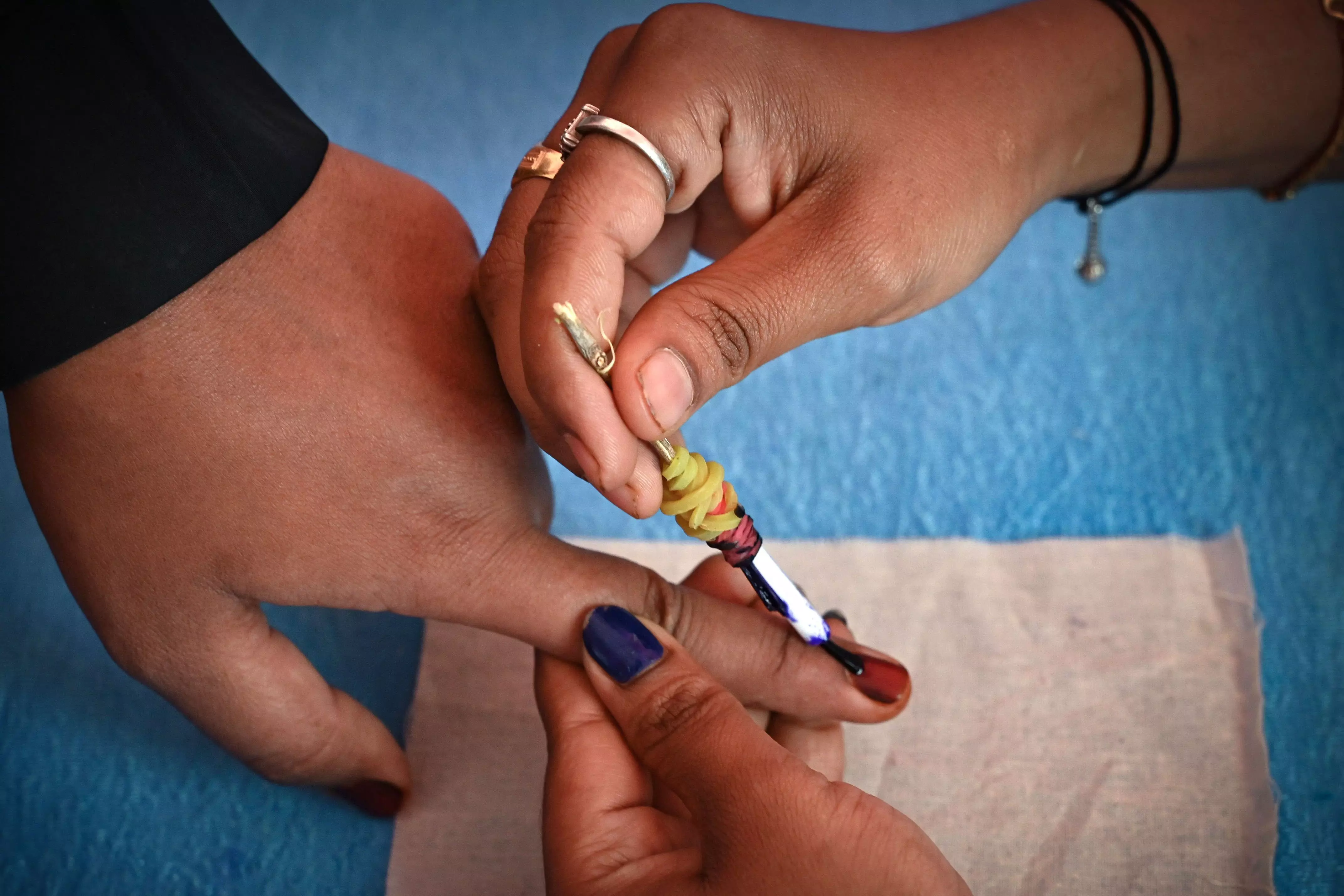AA Edit | ‘One election’ plan will be hard to implement

The Union Cabinet’s approval of the report submitted by the panel headed by former President Ram Nath Kovind recommending simultaneous elections to the Lok Sabha and all state Assemblies is at best an attempt by the BJP to build a narrative for the introduction of a presidential system. The Opposition has called it an impractical idea which goes against federal principles, the Constitution and democracy.
The proposal by the panel envisages two-level elections — first, simultaneous elections to the Lok Sabha and the state Assemblies, to be followed by elections to the local self-government bodies, which are also constitutional institutions. This would essentially mean that all the directly elected representative bodies will have a fixed tenure of five years. All the elections will be conducted based on a single electoral roll and a single voter identity card. Should a government fall short of majority, and another government is not formed, then there will be election for the remainder of the term of that body; elections will again be conducted along with the general elections.
The advocates of the “one nation, one election” proposal point out that a single national poll will considerably reduce the expenditure related to elections; it can also obviate policy and governmental paralysis which often hits the decision-making process thanks to one election or the other taking place in one part of the country or the other at any given point of time.
The opponents of the idea, especially those in the Opposition, point out that it militates against the Constitution and the federal principles it promotes as it effectively binds the will of the people of a state to be coterminous with that of the national idea of a Union government. They would argue that cost should not be a concern when it comes to elections as they are the only way to ascertain the will of the people as to who should be at the wheel whether it is a state or the Union government.
The Constituent Assembly had decided on the parliamentary system of governance after thorough deliberations which led the members to conclude that only a parliamentary system would effectively represent the diversity of this nation and will serve national goals better.
However, every live democracy should periodically introspect on the feasibility and utility of the systems it has put in place and look for opportunities to improve or overhaul them. And hence there is no harm in the nation seriously taking up a fixed tenure for legislative bodies in the country.
However, given the well-known positions various parties have taken on the topic, it is highly unlikely that a proposal which requires a series of amendments to the Constitution will pass muster unless the government works with those on the other side of the spectrum. It may be noted that the government does not enjoy the special majority required to pass constitutional amendments in either house of Parliament. If the government is serious about the proposals, it must initiate a national dialogue with an open mind, and with a commitment to go by its results. Attempts to push the proposal through are bound to fail, which was in fact the message the people sent across to the ruling front in the last general elections. The government will also do well to remember that democracy is a costly affair; we have nurtured it through the years, with warts and all. Attempts to tinker with it without a deep understanding of it could prove counter-productive.

